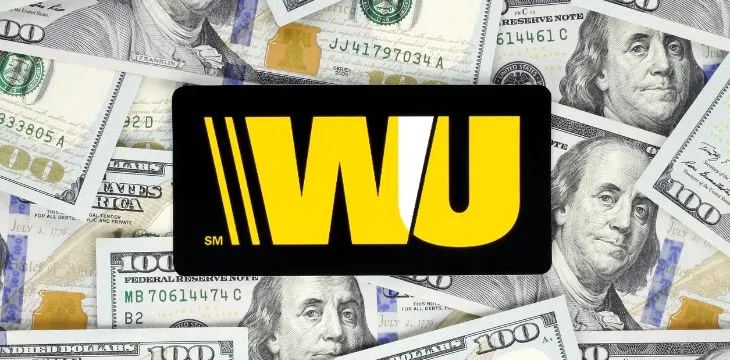|
Getting your Trinity Audio player ready...
|
Multinational financial services company Western Union may be turning towards virtual currencies in the future, gleaning from the firm’s recent trademark applications.
On October 18, Western Union filed three trademark applications with the United States Patent and Trademark Office (USPTO), with most filings leaning in the Web3 space. Michael Kondoudis, a patent attorney, tweeted that the nature of the filings by Western Union indicates that the company could be making a play in issuing its own digital tokens and maintaining digital currency wallets.
#WesternUnion has filed 3 trademark applications claiming plans for
▶️ Financial + Banking + Insurance
▶️ Virtual currency exchange + transfer
▶️ Commodity and Crypto trading + brokerage
▶️ Issuing tokens of value
…and much more#Web3 #Metaverse #Cryptocurrency #NFT #DeFi pic.twitter.com/YvKysvj3mq— Mike Kondoudis (@KondoudisLaw) October 25, 2022
Kondoudis also noted that Western Union may be mulling over providing digital currency exchange operations and “trading of commodities and commodities derivatives, cryptocurrencies, and digital assets.”
Western Union has emerged as one of the leading firms in the remittances industry, having processed billions in cross-border payments in 2021. Industry pundits have hailed the potential move to digital assets as one that could improve the adoption metrics for the industry, noting that Western Union still has to contend with stiff competition from Mastercard and Visa.
Western Union showed promising signs of digital asset adoption in 2014 when its Chief Executive Officer Hikmet Ersek told Bloomberg that the firm “would consider using Bitcoin” in the future. One year later, the company entered into a partnership with Ripple to settle remittances in a pilot that failed to proceed to a full-scale launch.
The firm doused the enthusiasm of virtual asset devotees after announcing that it would not be adding support for digital currency transfers in the near future.
“The consumers tell us what they want,” said Ersek in 2018. “People aren’t paying their hospital bills in cryptos.”
Western Union is late to the party
Western Union’s decision to wade into virtual currencies appears to be a little bit late, given the giant strides that its competitors have made in the industry. Mastercard, Visa, and Paypal have embraced digital assets, making them part of their offerings to customers.
Visa already processed over $2 billion in digital asset transactions in 2021, while Mastercard has struck a partnership with USD Coin (USDC) to facilitate virtual currency payment options for users.
With the head start made by these payment companies, Western Union faces a herculean task in snagging a portion of their market share. Despite playing catchup, Western Union has some things going for it, such as a pool of 150 million customers across 200 countries and a blueprint for incorporating virtual currencies by the pioneering firms.
Watch: BSV Global Blockchain Convention presentation, BSV for Retail Payments, Remittances & Rewards

 07-06-2025
07-06-2025 





